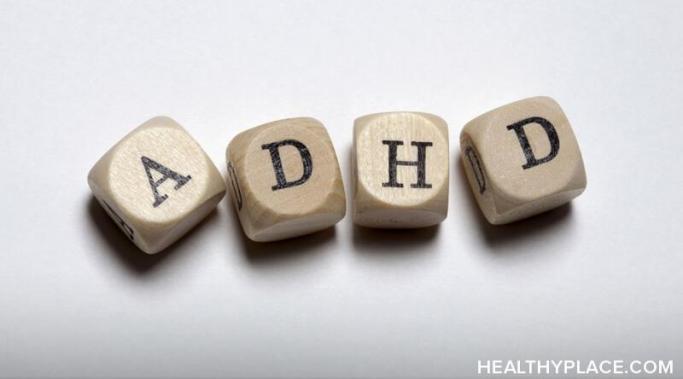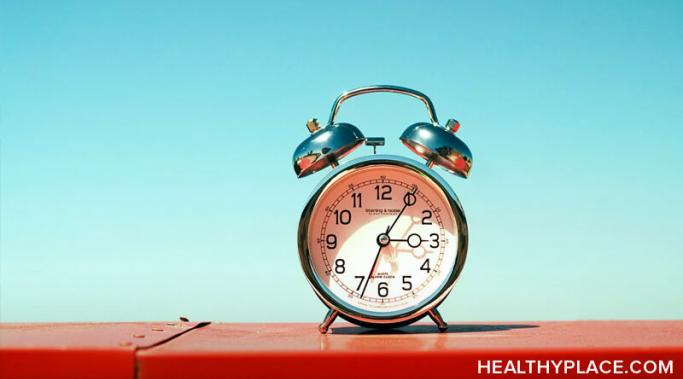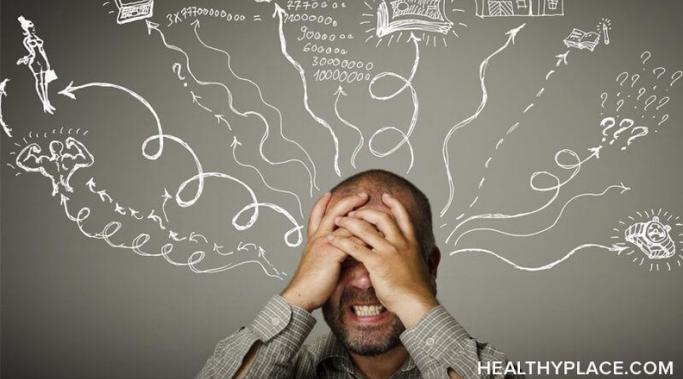I'm a person on the Internet, which means large corporations like Google and Facebook have likely collected enough data on me to recreate me as a Metaverse AI. The benefit of this is that my social media feeds are finely tuned to align with my interests, and Instagram recommends me products that I can't afford but definitely want. That said, I sometimes worry that the algorithms know me too well, especially when TikTok started showing me video after video of people discussing their attention-deficit/hyperactivity disorder (ADHD).
ADHD Help
Numerous studies, articles, and opinionated online users have claimed that the United States overdiagnoses attention-deficit/hyperactivity disorder (ADHD), leading to an over-reliance on stimulant ADHD medications like amphetamine and dextroamphetamine (Adderall) and methylphenidate hydrochloride (Ritalin) As someone diagnosed with ADHD as an adult, I often think about how different my work ethic might have been if I'd been diagnosed and prescribed ADHD medication at, say, 15 or even 18 instead of 24. I can say without a doubt that my medications help me stay productive and focused, and I wish I'd had that same capability back when I was a student.
Thanks to my attention-deficit/hyperactivity disorder (ADHD), I often started exercise routines, hobbies, and projects before abandoning them shortly afterward. I used to rue missed opportunities to achieve proficiency in different disciplines, so I vowed to pick a hobby and stay the course. I picked exercise three years ago, and three years later, I'm happy to report I've stayed the course.
Almost every day, I tell myself I'm going to start work at 9:00 a.m. and be productive. Almost every day, I'm disappointed with myself. In my head, I'm a person with a million ideas, a million goals, and a million ways of making things happen. In practice, I'm easily distracted by, well, basically everything. It's frustrating. I want to push myself. I want to do amazing things, but I regularly find myself lying on the couch watching YouTube videos and barely paying attention. I struggle to be motivated.
The fact that time blindness is part of adult attention-deficit/hyperactivity disorder (ADHD) is all too clear to me. For example, I'm not too fond of early afternoons, primarily for how quickly they seem to appear each day.
In the last blog post, we looked at how my attention-deficit/hyperactivity disorder (ADHD) led me across the Atlantic Ocean on impulse in a short and ill-fated trip to Canada. This time around, I'll talk about how I control impulsivity at home. In particular, I'll show you the simple system I use to get things done.
When I was undiagnosed with attention-deficit/hyperactivity disorder (ADHD), and I'd gotten into arguments with romantic partners, I regularly found myself unable to form a coherent sentence. I wanted to say so many things, but trying to transfer those thoughts from my head to my mouth left me feeling like I'd eaten a too-large spoonful of mashed potatoes and was now being asked to sing the national anthem live on television. My body would tense with anxiety. My mind would be a chaotic whirlwind of TV static, and when I opened my mouth, all that came out was a long, irritating beep letting everyone know the channel was not accessible.
I'm an overthinker. I always have been. My inability to reach a decision has gotten better as I've become a better planner and figured out an organizational system that makes sense for me. Still, there's one thing that helped even more: a diagnosis of adult attention-deficit/hyperactivity disorder (ADHD).
Many people with attention-deficit/hyperactivity disorder (ADHD) have experienced a mental breakdown. I often use the phrase to describe how I feel when I lose control of my emotions and ability to think clearly. This can be triggered by seemingly small events, but usually it is the straw that breaks the camel’s back, one more problem added to a pile of challenges. I would like to discuss what mental breakdowns actually are, why people with ADHD might be particularly susceptible to them, and how we can deal with them.
People with attention-deficit/hyperactivity disorder (ADHD) tend to struggle with transitions from one situation to another or one activity to another. Whether you have ADHD or not, even good change creates stress. Change is the definition of moving out of one’s comfort zone and it takes a lot of energy to react to the unknown. For people with ADHD, that discomfort is magnified. ADHD makes transitions much more challenging for people.









